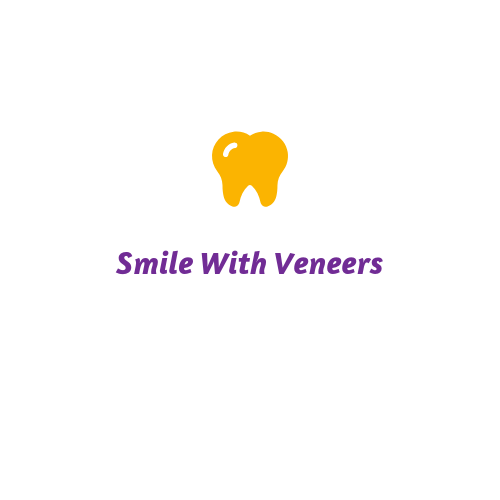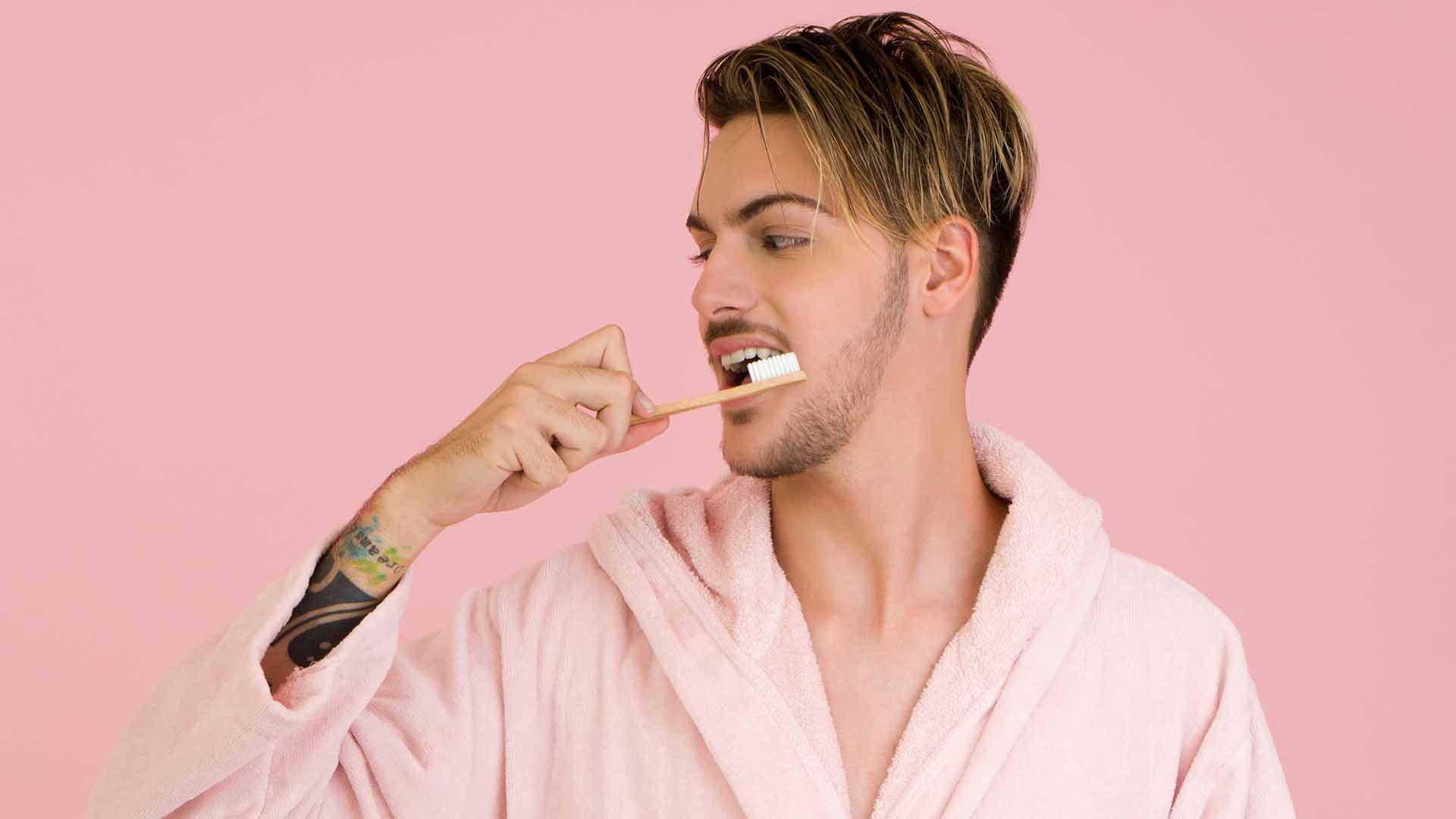Veneers may seem like the perfect way to achieve a flawless smile, but they come with significant risks and downsides. Here’s why veneers might not be the best choice for everyone.
1. Permanent Damage to Natural Teeth
To fit veneers, dentists must remove a layer of enamel from your teeth, making the process irreversible. This can weaken your natural teeth, increasing sensitivity and the risk of decay over time
2. They Don’t Last Forever
Veneers have a lifespan of 10–15 years, after which they will need to be replaced. This means undergoing repeated procedures and incurring additional costs, which can add up significantly over your lifetime
3. High Financial Costs
The cost of veneers ranges from $925 to $3,500 per tooth. For a full set, the expense can reach tens of thousands of dollars. Plus, most insurance plans don’t cover veneer because they are considered cosmetic
4. Potential Complications
Veneers can lead to several issues, such as:
- Tooth Sensitivity: The removal of enamel can make teeth hypersensitive to hot and cold foods.
- Gum Irritation: Poorly fitted veneers may irritate your gums or cause inflammation.
5. Why Veneers Are Bad for Certain Conditions
Veneer aren’t suitable for everyone. They don’t address underlying dental problems such as gum disease, misalignment, or tooth decay. These issues must be treated first, making veneer an inappropriate choice in many cases
6. Unnatural Feel and Look
Veneer may not always feel or appear natural. Some people report that they feel bulky or make chewing awkward. If not expertly placed, veneer might also disrupt your bite alignment
7. Maintenance Demands
Veneers require excellent oral hygiene and care to prevent damage or gum disease. Teeth grinding, biting hard objects, or poor brushing habits can shorten their lifespan
Conclusion
Veneer are not a one-size-fits-all solution. Their irreversible nature, high cost, and potential for complications make them unsuitable for many individuals. If you’re considering veneer, consult a trusted dentist to explore less invasive alternatives.


Leave a Reply